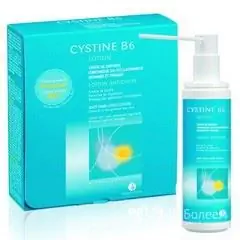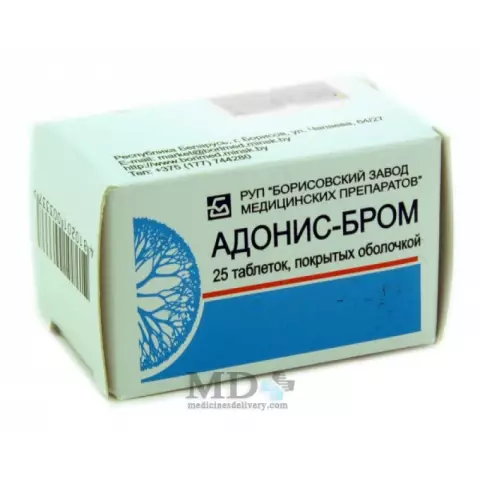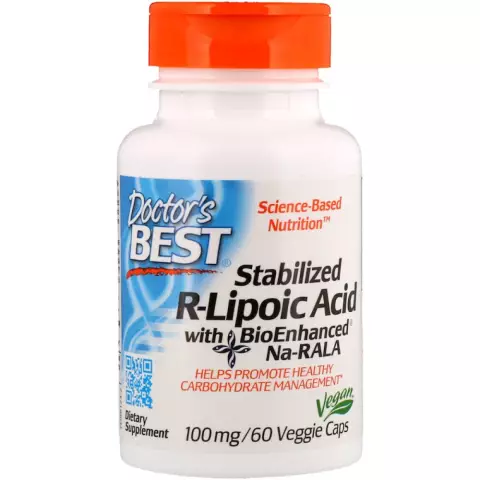- Author Rachel Wainwright wainwright@abchealthonline.com.
- Public 2023-12-15 07:39.
- Last modified 2025-11-02 20:14.
Cystine
Cystine (cystine hydrochloride, food additive E921) is an aliphatic sulfur-containing amino acid. In the

human body, this amino acid forms and maintains the tertiary structure of proteins and peptides. It is part of immunoglobulins, insulin and somatostatin.
Quite polycystine is found in fish, oats, soybeans, rice, wheat, egg yolk, onions, and garlic. On an industrial scale, cystine is produced as colorless hexagonal crystals and in powder form.
General properties of cystine
Cystine is a more stable form of the amino acid cysteine. The substance melts at a temperature of 247-249 ° C. Cystine is a powerful antioxidant. During the metabolism of this compound, sulfuric acid is formed, which binds toxic metals and destructive free radicals. Some reviews of cystine confirm that this amino acid in therapeutic doses protects against exposure to radiation and X-rays. The substance starts cleansing processes in the body when exposed to polluted air, chemicals.
Cystine use
The main role of this amino acid is its medical use. The compound is included in the composition of a large number of drugs required for the complex therapy of various diseases. Medicines based on cystine have hepatotropic, antioxidant, detoxifying, reparative, immunomodulatory, wound healing, mucolytic and expectorant effects. With regular use, cystine improves the condition of the skin, activates the regeneration processes in the nail plates, hair, and also reduces the risk of developing cataracts and cancer. Medicines with cystine participate in metabolic cellular and tissue processes, activate biochemical reactions, strengthen the body as a whole, increasing resistance to stressful situations and infections. Cystine helps to reduce pain in various inflammations, accelerates the healing process and stimulates the activity of leukocytes.

Cystine-based drugs are prescribed for Alzheimer's disease, anemias of various origins, diseases of the respiratory system (bronchitis and pneumonia), as well as for alcoholism, cystitis, protein starvation and severe infectious diseases. With emphysema, atherosclerosis, rheumatoid arthritis, skin diseases, brittle hair, alopecia, it is also very useful to use drugs based on this substance.
In the food industry, the E921 additive is used to improve the quality of flour and bakery products. Cystine stabilizes the color of the food as well as improves its appearance.
Contraindications to the use of cystine
The combined use of cystine and vitamins B1 and C reduces the effectiveness of insulin. Therefore, in diabetes mellitus, this compound should only be taken as directed by a physician. The use of the amino acid is contraindicated in cystinuria. The substance should be used with caution during pregnancy and during breastfeeding.
Found a mistake in the text? Select it and press Ctrl + Enter.






